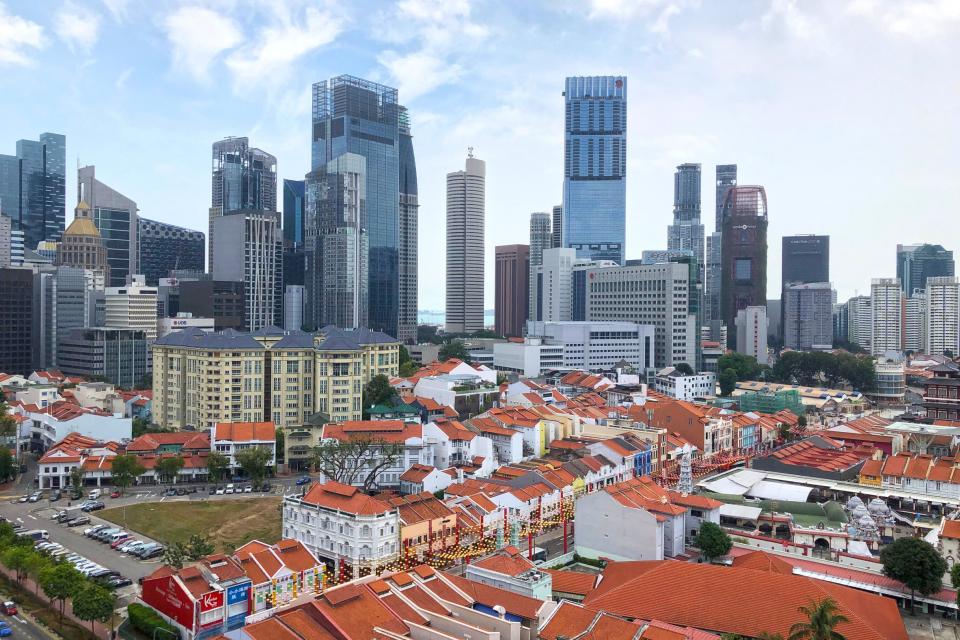First thing to ask is - what are the things you have to know so you can start? The strong property market in Singapore has earned a reputation as a favourable investment industry, drawing a large number of investors and speculators hoping to profit from the market's dynamism.
While tales of million-dollar HDB homes continue to fuel the craze, is the property really the best investment?
3 methods to profit from real estate
When it comes to profiting from property investments in Singapore, there are usually three options. Two of them are active (i.e., they demand you to be hands-on and engaged) and have a significant capital requirement. The remaining option is, in comparison, far more hands-off and passive, as well as potentially more cost-effective.
Method 1: Buying and selling (sometimes known as "flipping")
Property Investing in Singapore: A Guide (Flip)
Buying-and-selling or "flipping" properties is one way to earn from the property, and it is perhaps the strategy that comes to mind first when we hear the word "property investing."
This strategy is purchasing a property, possibly making modifications, and then reselling it for a profit at a higher price. The most important factor to consider is speed; you'll want to sell your house as quickly as possible to minimise the risk to your money.
This technique, however, relies on capital appreciation, which you may not always be able to control.There are many other dangers to be aware of, such as:
- Over-improving your product and pricing yourself out of the market
- Unexpected issues necessitating pricey fixes
- a scarcity of customers
Method 2: Purchase and lease
Property Investing in Singapore: A Guide (Rent)
When you invest in property through the buy-and-rent strategy, you're essentially taking on the job of a landlord, with all of the benefits and drawbacks that entails (see below).
Unlike property flipping, this is a long-term approach. Your goal is to keep the property and make money from it by renting it out. Your rental income must be more than your mortgage payments in order to make a profit (plus the amortised costs of any renovations or repairs).
When your property is completely paid off, whatever rental income you receive becomes pure profit. However, depending on how long it takes you to pay up your mortgage, your rent amount may also be affected.
As with property flipping, there are pitfalls. For one, you may not be able to find suitable tenants. For another, your margins may be razor-thin, easily jeopardized should replacements or repairs become necessary.
Method 3: Invest in real estate investment trusts (REITs).
Property Investing in Singapore: A Guide (REITs)
If you want to invest in property without having to deal with all the hassle first-hand, you could turn to REITs (or real estate investment trusts).
They work like any other unit trusts or mutual funds, in that your money is pooled together with other investors, and used to invest in properties in Singapore or around the world.
REITs specialize in a variety of property kinds, including residential, office, retail, hotel, and any combination of these. You'll have to pay a fee to have the REIT professionally managed. For an even more hassle-free investment experience, some Robo-advisors such as Syfe offer REITs-based portfolios.
For those looking for excellent properties in Singapore visit www.propertyreview.sg. This site contains a large number of impressive properties in Singapore.













